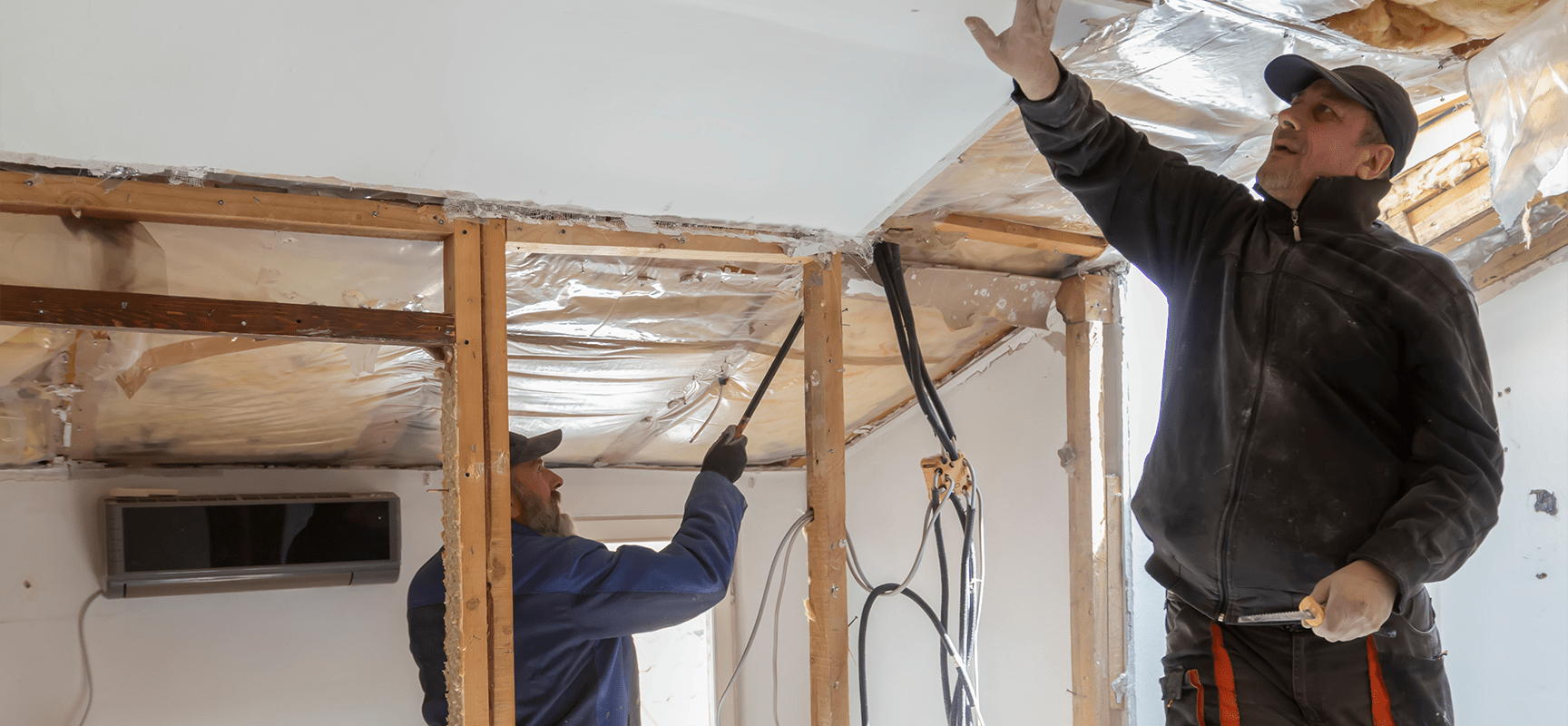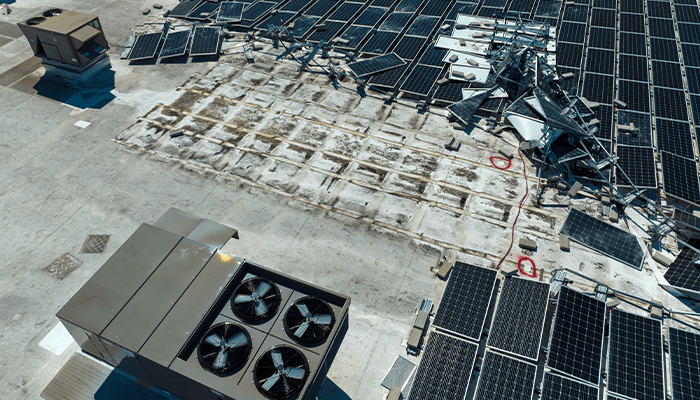
Navigating the Aftermath: A Guide for the First 48 Hours After a Disaster Has Struck Your Property
Whether your property has just weathered a category five hurricane or a raging forest fire, the first 48 hours after a disaster are essential to recovering that property and ensuring business continuity. In this guide, you will be given information on what steps to take and how to deal with the immediate aftermath of different disasters.
Here are the first five steps that you can take to preserve your property and keep yourself safe after a disaster has occurred:
1. Contact Your Insurance Company
You need to let your insurance company know about the incident immediately so that a claim can be filed. Once you can assess your property, take pictures of damages for your insurance claim. Compile a list of damaged items in the home to help speed up the claims process. Keep any receipts for purchases, including hotel stays, rental cars, repairs, and meals, so your insurance company can properly reimburse you.
2. Contact a Professional and Trusted Restoration Company
After contacting your insurance company, it is essential to call a restoration company so that experienced restoration technicians can begin work to recover the property as soon as possible. Time is of the essence when a property is exposed to the elements. Waiting could mean even more corrosion to the bones of the property and additional expenses for you.
Minimize the impact of a disaster on your property and ensure a smoother recovery process. Contact our team for guidance.
3. Ensure That You Can Safely Return to the Property
As tempting as it may be to rush to your property immediately after a disaster has occurred, you need to confirm that it is safe to do so. Contact a local building inspector to investigate the property to make sure the building is stable and not shifting. If your building has gotten wet inside, turn the power off and get an electrical inspector to check if it is safe to turn the power back on. If your property was involved in a fire, the soot residue in the building could be hazardous to your health. So, it's best to wait until a building inspector can look at the property before you enter.
4. Secure a Place to Stay
If a disaster has driven you out of your residence, you will need to find a place to stay while restoration is in progress. If you cannot stay with family or friends, contact your insurance company, as they should be able to accommodate you with a hotel or temporary apartment. You can also check with your local American Red Cross office about temporary lodging and other disaster relief services.
5. Be Aware of Fraudulent Behavior
Scammers know that people will be more susceptible to scams during a frantic and desperate situation such as a natural disaster. Be aware that federal officials do not ask for money; if they do, it is a scam. You may get calls or text messages from scammers trying to impersonate government officials, disaster relief personnel, or your insurance company. If this happens, you should hang up and go to that organization's official website and call back from the listed number to ensure it is not a scam. Anyone who claims you must pay a fee to receive disaster assistance from FEMA or the Small Business Administration is a scammer because both organizations offer help for free. Scammers may also disguise themselves as a charity organization taking donations to help those affected by a natural disaster. Only donate to reputable and well-known charities.
These five steps are great guidelines for any natural disaster. They are the best steps you can take in the first 48 hours after your property has sustained damage. Depending on the kind of incident that has occurred, there may be additional steps that would be beneficial to take:
If the disaster was a hurricane or flood:
- Don't drive through flood waters to return to your property; the water can be filled with debris or toxic material. Additionally, flood waters are deceptive and can easily sweep a car away.
- Clean and dry items and materials that are more susceptible to water damage, such as bedding, wooden furniture, metal objects, rugs, art, and antiques. If your rug or bedding has been completely saturated with water, throw them away.
- Retrieve valuable items and documents from the property and keep them in a safe place.
- Do not walk in standing water on your property unless the power is off to avoid being electrocuted.
If the disaster was a fire:
- Let your friends and family know that you are safe.
- Talk with your insurance company to see if the property is salvageable or a total loss.
- If the property can be salvaged, contact a restoration company so professional restoration technicians can board and tarp up the home's exterior to prevent further damage from the elements. It's important to immediately begin the drying process in the interior to eliminate the moisture from fire extinguishing.
- Save any salvageable items. However, do not save any food items, medications, or cosmetics, as smoke and soot can infiltrate these items and cause harm if used.
- Get a copy of the fire report from your local fire department to aid in the insurance claims process.
If the disaster was a tornado:
- Ensure that you and any other people nearby are safe. Some people may have become trapped by debris and need immediate assistance. If you or someone else is injured, call for emergency medical assistance.
- Check gas, electrical, or water lines for damages.
- If you can, cover any openings in the property to prevent further damage from the elements.
- Watch out for downed power lines, exposed nails or glass, and frayed wires. If you see a downed power line, call 911 to report it.
The most important thing you can do to save your property after a disaster is to contact a trusted restoration company with proper certifications. National Disaster Solutions (NDS) offers speedy response and recovery so you don't have to worry about your business's continuity. The NDS Prime™ Program provides disaster planning and preparation pre-loss and disaster cleanup and recovery post-loss, helping you from beginning to end. While disasters can't be avoided entirely, we believe in helping our clients prepare for the worst so that damages to your property can be minimized.
Don't wait until disaster strikes to protect your business. Contact your AssuredPartners representative to learn about NDS Prime™ and how a comprehensive disaster planning and response approach can offer valuable peace of mind.

Featured News & Insights

Proactive risk management is essential for protecting your hotel property and business reputation. From assessing your business income requirements to ensuring proper subcontractor agreements,...

Because wind and hail damage can have significant impacts on commercial buildings, you need insurance professionals who understand commercial real estate to help advise you every step of the way....

Purchasing property is a significant financial commitment, often involving substantial upfront costs and long-term considerations. To protect your investment, it's important to conduct thorough due...